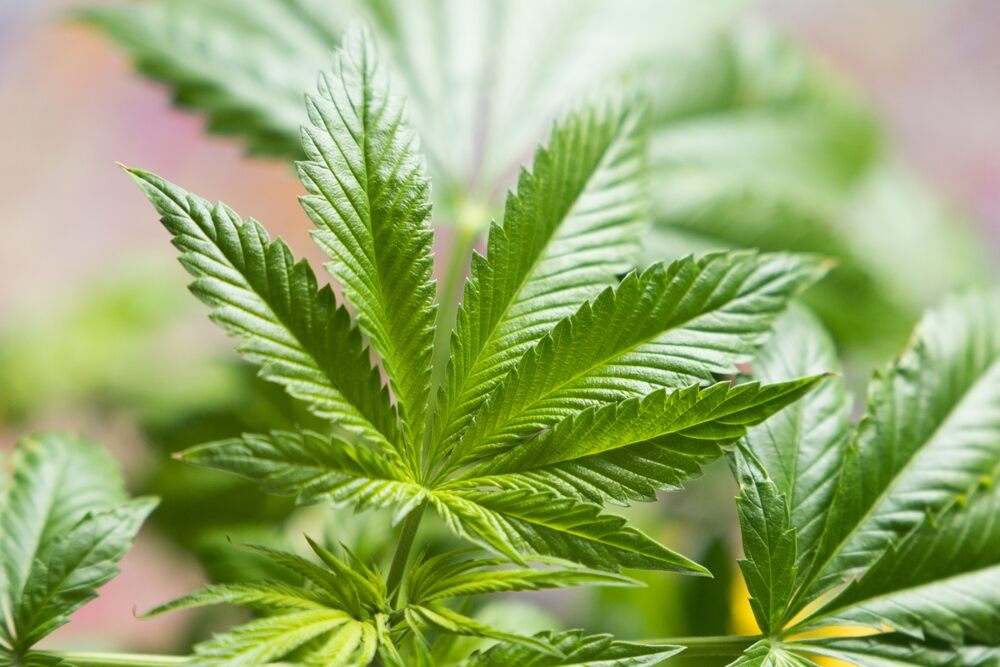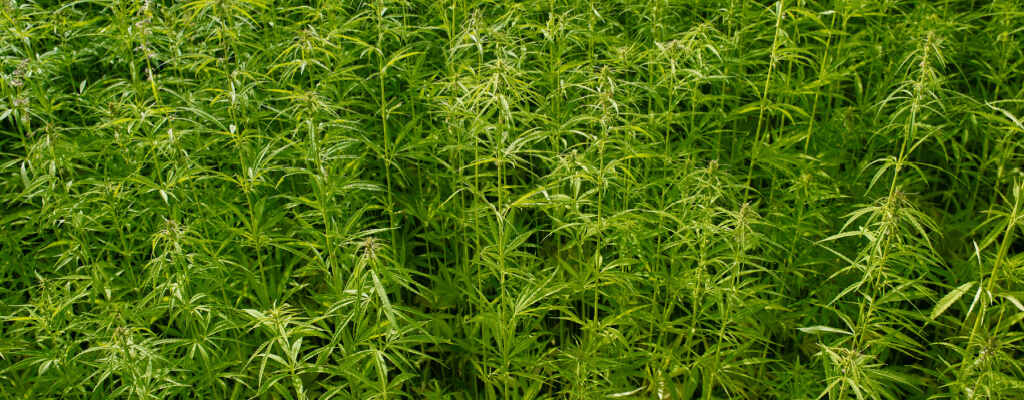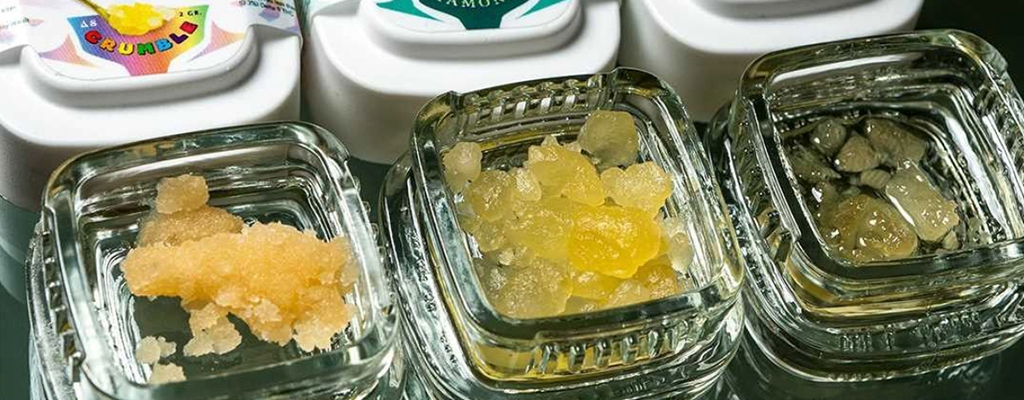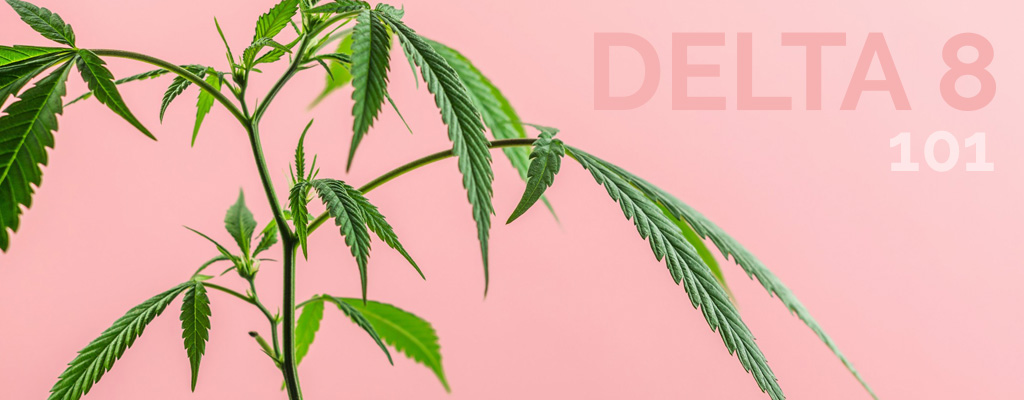Delta 8 is one of the most popular hemp-derived, federally legal cannabinoids. It’s growing more common as an option for a wide range of users.
That level of popularity means there are questions about Delta 8 that users and potential users want answered. One of the most common is: Is Delta 8 addictive?
We don’t want to draw it out: We simply don’t have definitive research to answer this question. The research doesn’t yet exist.
In the big picture, Delta 8 is a very new cannabinoid. Scientific research requires interest from scientists, time, funding, and many other contributing factors. As time passes, a clearer, more definitive answer specific to Delta 8 may emerge.
However, we can look to other, very similar cannabinoids to build a better understanding of cannabinoids and addiction.
Let’s review exactly what Delta 8 is to begin. Then, we’ll dive deeper into the question of whether Delta 8 is addictive.
The Basic Facts on Delta 8
Delta 8 is the common name for Delta-8-tetrahydrocannabinol (Delta 8 THC). This substance is a cannabinoid — a chemical found in cannabis and hemp plants.
Delta 8 occurs naturally in small amounts in these plants. However, more abundant cannabinoids, like CBD, can be converted into other forms. This process is the source of many commercially available Delta 8 products.
Cannabinoids interact with the body’s endocannabinoid system. They produce a range of effects.
Delta 8, along with similar cannabinoids like Delta 9, HHC, and many others, have psychoactive effects. They can cause changes like an elevated mood and a sense of relaxation. That’s a major reason why people use Delta 8 and similar psychoactive cannabinoids.
User reports and reviews of Delta 8 sometimes mention that it has more moderate intended effects and side effects. That’s in relation to Delta 9, the major cannabinoid found in cannabis plants.
Preliminary scientific research backs up this informal finding. A peer-reviewed article published in the Journal of Cannabis Research reached the following conclusion. “Delta-8-THC may provide much of the experiential benefits of delta-9-THC with lesser adverse effects.”
Legal Status of Delta 8
Delta 8 is legal on the federal level. The 2018 Farm Bill included language that legalized the commercial production of hemp. The only relevant limit stated was that this hemp cannot contain more than 0.3% Delta 9 THC.
Delta 8 is very similar to Delta 9, but is a distinct and separate chemical. Following the passing of the Farm Bill into law, Delta 8 and many other cannabinoids became federally legal.>
Delta 8 is restricted or prohibited in some states and municipalities, however. Be sure to look into relevant laws in your area before you make a purchase.
Is Delta 8 Addictive?
Is Delta 8 THC addictive?
It’s important to be clear on this topic. There isn’t definitive scientific research specifically related to Delta 8 that indicates it is either addictive or non-addictive. That’s at least partially influenced by the fact that Delta 8 has only been widely recognized and available since 2018.
However, we can look at the addictive potential of Delta 9, a closely related cannabinoid. Delta 9 is the dominant cannabinoid in cannabis plants and has been recognized and researched for many decades.
The National Institutes of Health (NIH) explains that Delta 9 use can lead to cannabis use disorder (CUD).
In essence, that means people with CUD use Delta 9 even though it causes issues or raises concerns. Specific symptoms include excessive use, withdrawal symptoms when ceasing use, and trying and failing to stop using Delta 9.

Cannabinoids: Dependency vs. Addiction
The NIH notes that CUD is often associated with dependence. This refers to the body adapting to the presence of cannabinoids. It leads to internal endocannabinoid neurotransmitters dropping in both production and sensitivity.
Dependence tends to cause side effects when use stops. Dependent individuals who stop use may become irritable, restless, uncomfortable, and have other side effects, such as sleeplessness.
Dependence has negative effects but is distinct from addiction. The NIH explains that addiction is differentiated by continuing use interfering with many aspects of a person’s daily life. In this sense, addiction is more severe and dangerous than dependency.
Delta 9 has some level of addictive potential, although dependence appears to be more common. While we can’t and won’t say that the same finding applies to Delta 8, this context can be helpful.
How Addictive is Delta 8?
Precisely quantifying the addictive potential of any substance can be a difficult process. In other words, it’s very complicated to say exactly how addictive a drug or behavior (such as gambling) is.
That’s especially true for Delta 8 because of the lack of specific research. However, the NIH reports that 30% of Delta 9 users may have some level of CUD. That percentage includes both dependency and addiction.
Suggestions for More Responsible Use of Delta 8
If you feel you’re heavily dependent on or addicted to any substance, the Substance Abuse and Mental Health Services Administration (SAMHSA) provides a confidential, 24/7 referral and information service. If you’re looking for help, call 1-800-662-4357.
If you want to enjoy Delta 8 but use it responsibly, consider the following. These tips are not guarantees, but may help to manage and moderate use:
- Limit your use. Consider when you use Delta 8 and limit it to times when you don’t have other responsibilities. You could choose to only use Delta 8 when hanging out with your friends, for example. Setting guidelines for yourself can help you be more responsible.
- Keep track of how frequently you use it. Increasing use may lead to dependence. Make a mental or physical note of how often you use Delta 8 and try to avoid sustained increases.
- Start small. Find the lowest dose that works for you and stick with it. Start with a quarter or a half dose of an edible, or just a puff or two of a vape.
- Pay attention to increasing tolerance. If you find you need more and more Delta 8 to achieve the desired effect, consider taking a break.
- Take breaks. Every so often, press pause on your Delta 8 consumption. This can help reduce your tolerance, too.
- Use high-quality, lab-tested products. Delta 8 Resellers shares the results of independent lab testing for our products, so you can know exactly what’s in the products you want to use.
Delta 8 Resellers strongly supports the responsible use of Delta 8 and all other federally legal cannabinoids. Browse our full selection of Delta 8 products, and keep the suggestions above in mind.



